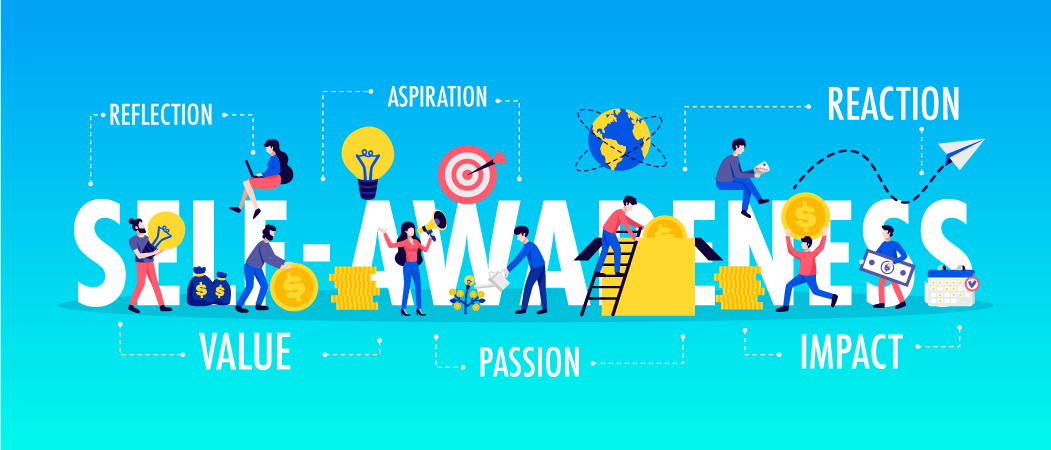Since the start of this health crisis, many of us have been confined to our homes with more free time than we have ever had before. The constraints imposed forced us to slow down our usual rhythm, therefore leading us to be more present to ourselves. For some, this moment of pause is combined with boredom or anxiety that is hard to bear, a desire for everything to return to normal in order to continue our life as before. For others, it is a time to redefine what is essential, to do the activities that had been postponed due to a lack of time, a time to create and innovate.
And you, what are you looking for in all this?
In order to be proactive and seize this opportunity, we must first have an idea of what drives us as a person and also answer the following question: who are we?
As a guidance counselor, our role is to help clients explore the facets of themselves so that they can live an authentic life more congruent with their personal identity. This is largely accomplished through the development of self-awareness which arouses awareness. This is all more relevant when we consider that the more we know ourselves as individuals, the greater our satisfaction at work and in our social relationships. Therefore, getting to know ourselves generally leads to a higher level of well-being; we would be less likely to live with anxiety, stress or depressi
According to Tasha Eurich, organizational psychologist, self-awareness is defined by a clear understanding of these 7 elements:
1. Values: the principles that guide us (what is important to us; values allow us to evaluate and explain our actions; they determine the person we want to be)
2. Passions: what we like to do (what motivates us; our interests)
3. Aspirations:What we want to experience and accomplish (what we want to achieve in our life; our ideal; our long-term goals)
4. The fit: understanding the type of environment that allows us to be happy and engaged (which job, career, school, city, partner or business is ideal for you)
5. Patterns: Our ways of thinking, feeling and behaving that repeat over time (our personality traits)
6. Reactions: thoughts, emotions and behaviors that reveal our abilities / skills (strengths and weaknesses)
7. Impacts: the effect of our behavior on others
Are you able to identify items for each of these categories? Do you think people around you have the same opinion of you when they rate you? It may seem trivial, but self-awareness has an internal (our awareness of ourselves) and external (awareness that we have of the perception of others about ourselves). According to Eurich, there is no significant relationship between internal and external self-awareness. We must therefore take into account the point of view of the other if we want to know our self!
Hope this brief article has helped you reflect on your own journey. If you’re still stuck on how to take advantage of this downtime, please be aware that CFV guidance counselors are available to assist you by phone, email or video conference. We invite you to develop your knowledge of yourself! A gift to give yourself and an investment in your well-being.
Reference: Eurich, T. (2017). Insight: Why we’re not as self-aware as we think, and how seeing ourselves clearly helps us succeed at work and in life. Crown Books.

Recent Comments